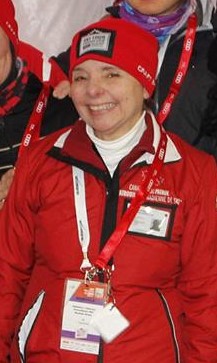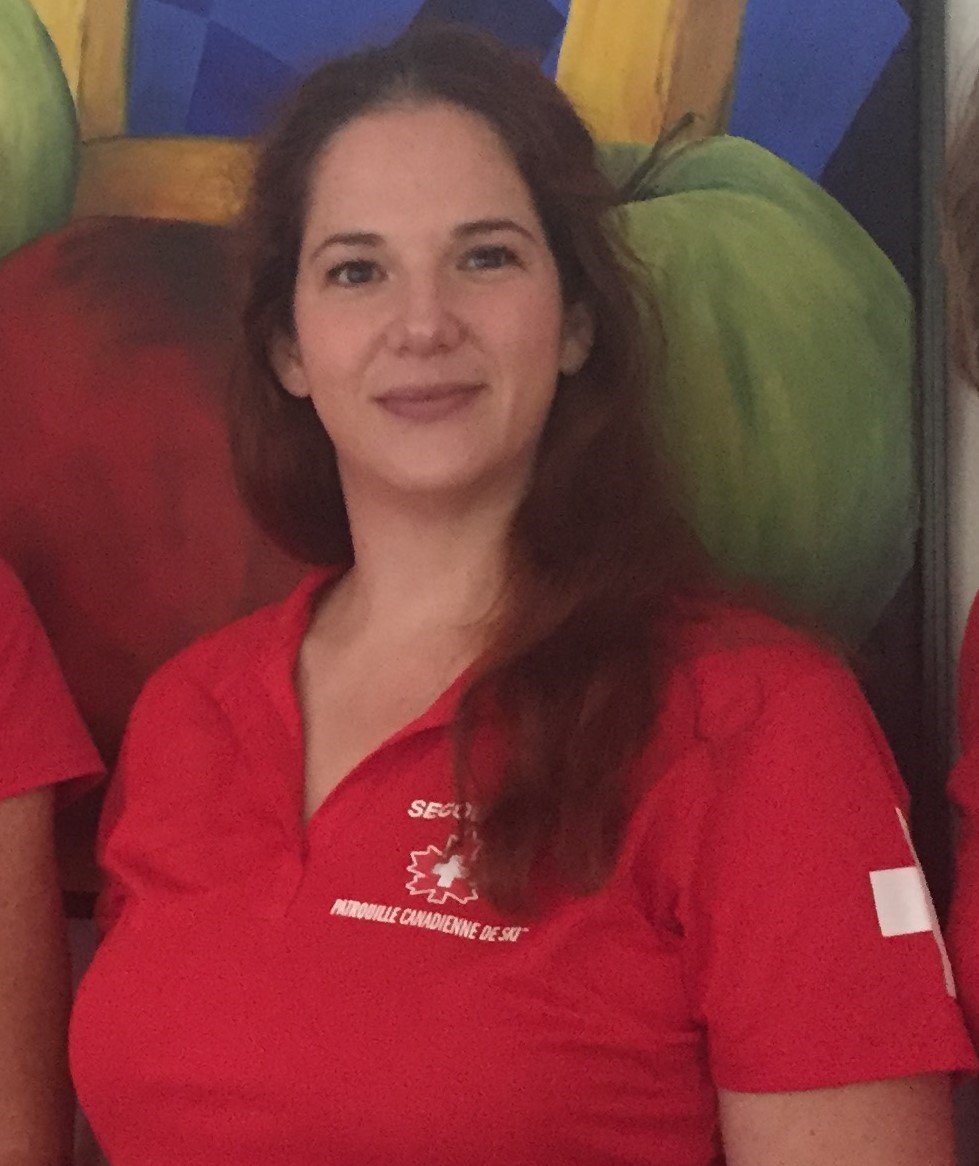
By: A.P. Crawford, National Publication Editor and Production Manager (ap.crawford@skipatrol.ca)
On July 22, 2022, Karine Bourgoin and Catherine Dussault put their CSP training to work and saved a life.
Quebec Zone patrollers offer first aid services at the Patro Roc-Amadour day camp in Quebec City. The day camp welcomes within its programs children ages four to 12, teenagers in difficulty, adults with various disabilities as well as immigrants’ children. The infirmary is very well equipped and since patient turnover is sometimes high, patrollers work in teams of two or three.
At 10:40 a.m. Karine and Catherine were attending to a young patient with an insect bite and persistent swelling, when at 10:52 a.m. their radio relayed a call about another child that had eaten something and presented with a severe allergic reaction.
Catherine stayed with the first patient who she transferred to a bed at the back bed of the infirmary so he would not witness the scene, while Karine had just enough time to put on new gloves before an event attendant opened the door carrying the child in her arms. The child was in respiratory distress. Karine performed a quick physical assessment and tried to determine the history of the incident. The child had no history of allergies, had no EpiPen or MedicAlert bracelet and there was nothing abnormal in his event registration file, however the signs and symptoms suggested a strong and rapid anaphylactic shock. The child’s throat and tongue were very swollen with his vital signs decreasing and almost no air exchange.
Catherine understood the seriousness of the situation and provided Karine with a child EpiPen from the infirmary stock. At 10:54 a.m. Karine administered the EpiPen dose to the child’s thigh and counted the seconds until the child finally was able take his first breath. Oxygen was administered, a second child EpiPen made ready for use if needed, and the AED was brought near the patient in case it was needed as well.
In the interim, Catherine initiated calls to EMS to provide the necessary information and the child’s parents to inform them of the situation. With the administration of oxygen, the child’s blood-oxygen saturation levels slowly rose. Both EMS and the child’s parents arrived quickly.
When the child’s care was transferred to EMS, the used EpiPen was provided with the injection time noted on it. By 11:00 a.m. EMS had departed with the patient and the epinephrine dose was continuing to work. The paramedics recognized and appreciated the care given to their patient.
A few days after the event, it was reported that the rapid injection of epinephrine was the action that changed the outcome of this situation. It was found that the child is allergic to pear juice and he now carries an EpiPen with him at all times, and he is doing very well.
Thanks to the quick intervention of Karine Bourgoin and Catherine Dussault, this patient’s life was saved and in recognition of their actions, the CSP was proud to present them with the John D. Harper Lifesaving Award in 2022.


(photos provided by Michelle Drolet)
This post is also available in: French
